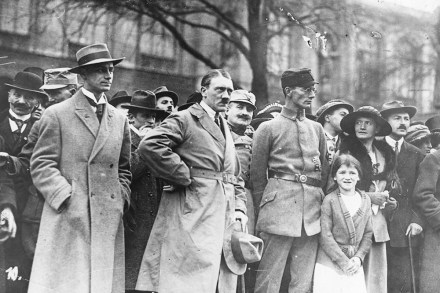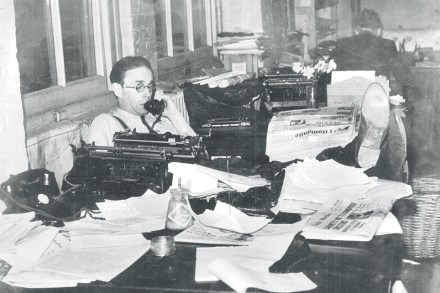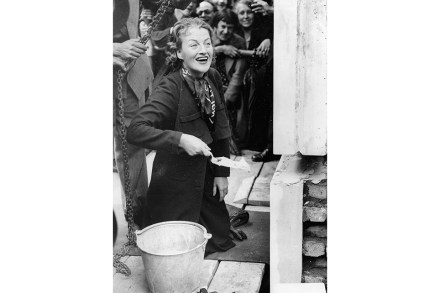From the early 1930s we knew what Hitler’s intentions were – so why were we so ill-prepared?
MI6’s historical archive suffered disastrous weeding on grounds of space from the 1920s onwards. One of many mysteries was the identity of a 1930s/40s agent referred to cryptically in surviving papers as ‘C’s German source’ (C being the chief of MI6). Now, as a result of indefatigable research, Tim Willasey-Wilsey has established who the man was who almost uniquely reported on the thinking of Hitler’s pre-war inner circle. In the course of this the author may also have resolved the origin of the notorious Zinoviev Letter, believed by many in the Labour party to have lost them the 1924 general election. William Sylvester de Ropp, a baron usually known as



